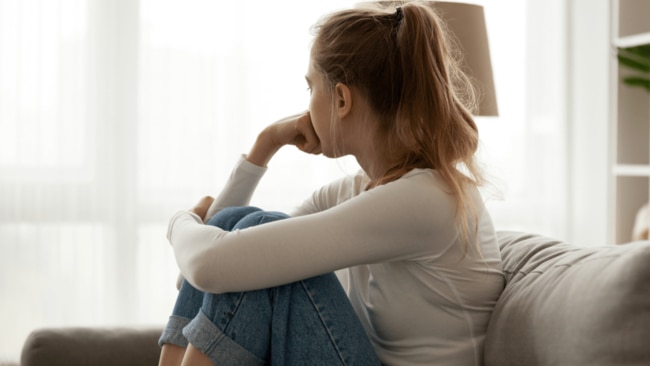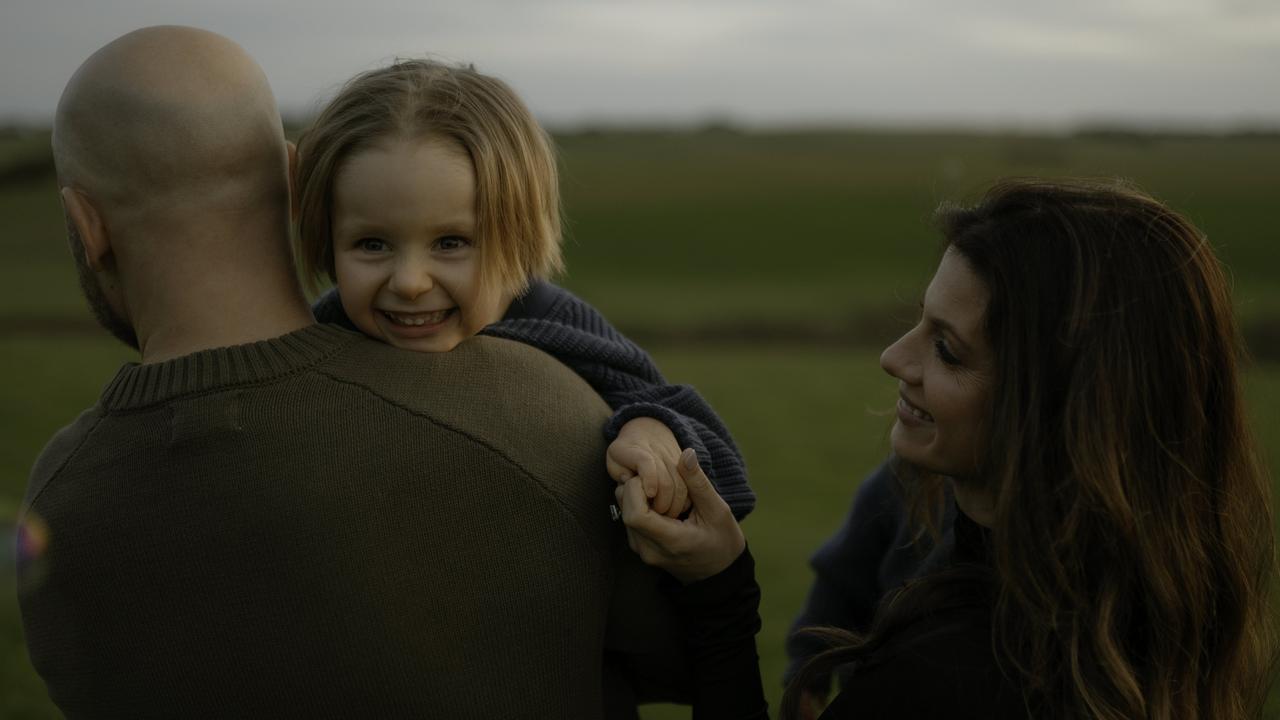Heavy ChatGPT users are lonelier, research shows
AI is getting more human-like, but it can't replace a social life

Lifestyle
Don't miss out on the headlines from Lifestyle. Followed categories will be added to My News.
While AI has become a part of our everyday lives, it’s had a heavier impact on some more than others. According to research from OpenAI and MIT Media Lab, ChatGPT is making some people more lonely.
If you’re one of the last people to have a feed free of AI-generated dolls, allow me to introduce you to the trend we’ve seen everywhere in the last few days.
Celebrities, influencers, brands, and well, anyone with the paid version of ChatGPT are typing detailed descriptions of themselves or links to their Instagram accounts into the program, and asking it to generate a realistic-looking doll of them in a box with their favourite foods, devices, accessories and even pets.
Some are asking to be made into Barbies or Bratz, while others are coming out as strange, short figurines or extremely hyperrealistic versions of themselves.
So needless to say, the hours spent on ChatGPT have grown significantly for many of us this week.
But according to research from OpenAI and MIT Media Lab, people who regularly spend a great deal of time interacting with the program are lonelier.

Why ChatGPT is fueling loneliness
We already know high levels of screen time aren’t great for our mental health. Several studies have highlighted how being chronically online can increase feelings of loneliness and social isolation.
But chatbots are a different beast entirely, with programs like ChatGPT providing emotional and personal responses to its reported 400 million weekly users’ queries.
Research teams analysed the data of almost 40 million interactions with the program before asking over 4000 users how they felt. They also held a four-week-long trial studying how close to 1000 people interacted with ChatGPT for at least 5 minutes daily. Following their interactions, participants reported how lonely they felt, as well as their levels of emotional dependence on the AI software and social engagement.

They found that heavy users of the program are often more lonely and emotionally dependent on it.
They also highlighted that these users have fewer social relationships offline.
Few people who use ChatGPT engage emotionally with the bots, but those who do are some of the heaviest users, according to the research.
Whether a result of people who are already lonely finding companionship in the bot, or feeling lonely as a result of talking to AI, those who have the most open and personal chats with ChatGPT tend to be lonelier. Specifically, those in the top ten per cent of time spent with it.

The role of voice-based chatbots
While you may think voice-based chatbots would help to ease feelings of loneliness, often simulating realistic human conversations, researchers found that the more people interacted with them, the lonelier they felt.
Study participants who chatted to a bot whose voice reflected another gender reported feeling significantly more lonely and emotionally dependent on the bot.
Director at the Surrey Institute for People-Centred Artificial Intelligence, Dr Andrew Rogoyski said, “In my opinion, we are doing open-brain surgery on humans, poking around with our basic emotional wiring with no idea of the long-term consequences. We’ve seen some of the downsides of social media – this is potentially much more far-reaching”.
As we start to turn to ChatGPT more frequently for meal planning, email editing, information, advice and more, it may be time to make sure we log out every now and then.
More Coverage
Originally published as Heavy ChatGPT users are lonelier, research shows





